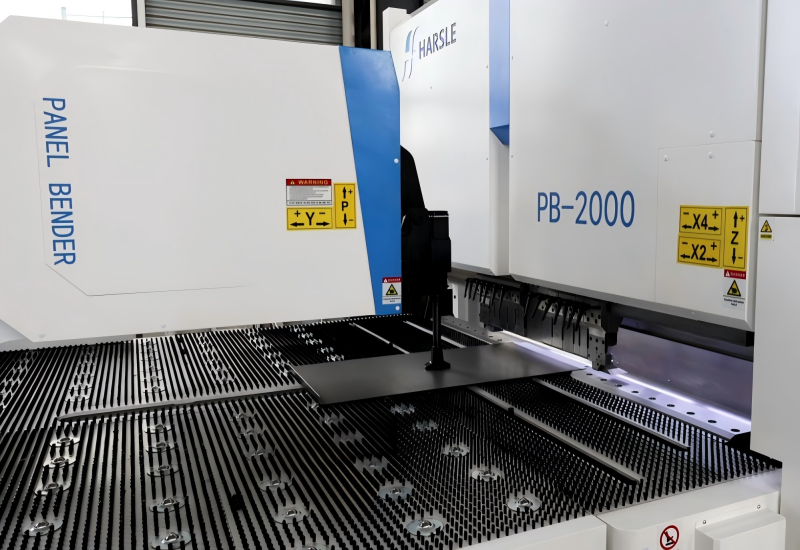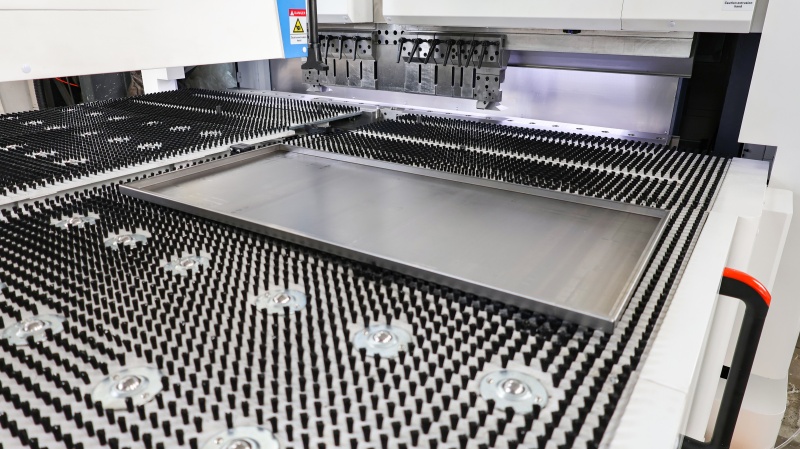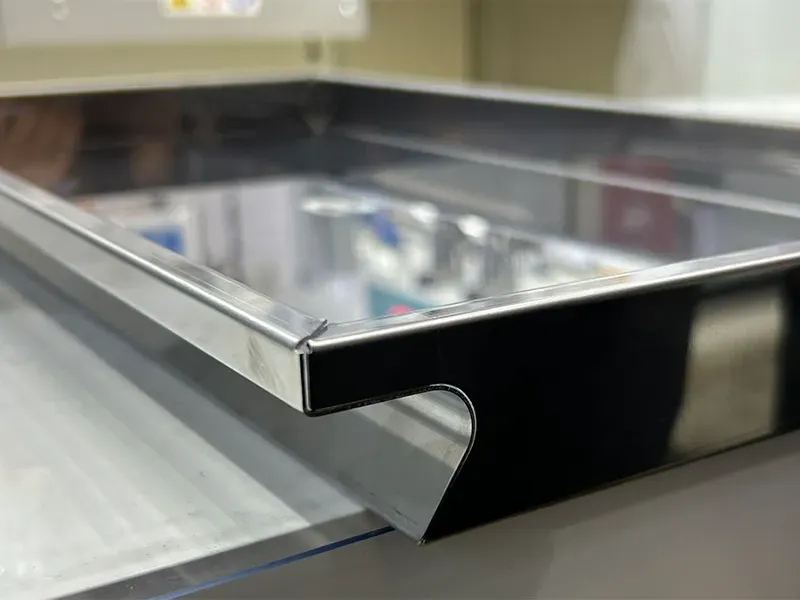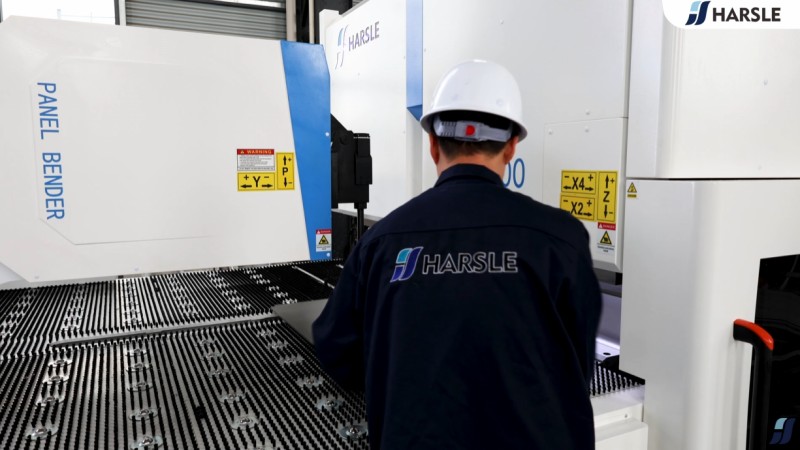Documentation Hub
Comprehensive technical manuals and guides to help you master HARSLE machines and optimize your metalworking efficiency
What Are the Applications of Panel Bender in Sheet Metal Processing Industry?
Panel Bender in Sheet Metal Processing is now a must-have technology for manufacturers seeking speed, accuracy, and consistency in sheet metal fabrication. If you’re curious about how a panel bender can enhance your production workflow or discover its main areas of application, you’re in the right place. In this article, I’ll guide you through the key uses of panel benders, show how they add value to the sheet metal processing industry, and share practical tips to help you boost their performance and ROI.
Understanding Panel Bender in Sheet Metal Processing

A panel bender is a CNC-controlled machine designed to bend, fold, and form sheet metal panels with high speed and consistency. Unlike traditional press brakes, it automates the clamping and bending process, significantly reducing operator intervention and setup time. This makes it especially valuable for manufacturers seeking high repeatability, quality finishes, and faster production cycles.
Key Applications of Panel Bender in Sheet Metal Processing Industry
1. Manufacturing Cabinet and Enclosure Panels

Panel benders excel at producing precise bends for cabinets, electrical enclosures, and control panels. In the sheet metal processing industry, this ensures consistent angles, smooth edges, and reduced rework. By automating panel folding, you can streamline production and maintain uniform quality across large batches.
2. Producing HVAC and Ventilation Components
In HVAC manufacturing, components such as ducts, panels, and covers often require complex bends. A Panel Bender in Sheet Metal Processing allows operators to program multiple bending sequences, reducing manual handling and minimizing errors. This improves throughput and ensures that every piece fits perfectly during installation.
3. Fabricating Kitchen and Furniture Panels
From stainless steel kitchen panels to office furniture frames, panel benders make it easy to achieve clean, sharp folds without surface damage. This is especially important in industries where aesthetics and hygiene are critical, such as commercial kitchens or medical equipment manufacturing.
4. Creating Large Industrial Panels

For larger panels used in industrial machinery, elevators, or transportation equipment, panel benders handle heavy and wide sheets with precision. They eliminate the need for multiple setups and can bend panels on all four sides automatically, saving time and labor.
How to Maximize Efficiency with Panel Bender in Sheet Metal Processing
Optimize Your Programming
Take advantage of the CNC software to pre-program parts and store bending sequences. This reduces setup time and allows quick changeovers between jobs.
Maintain Proper Tooling
Ensure that clamping tools and bending beams are regularly inspected and cleaned. Proper tooling maintenance improves bend accuracy and extends machine life.
Train Your Operators

Although panel benders are highly automated, trained operators can further optimize performance by understanding material properties, spring-back behavior, and machine capabilities.
FAQ
What are the main advantages of using a panel bender over a press brake?
A panel bender automates the bending process, reducing operator fatigue and setup time. It also improves consistency, making it ideal for high-volume production.
Can a panel bender handle different materials and thicknesses?
Yes. Modern panel benders can process a wide range of materials, including stainless steel, aluminum, and coated sheets, within their specified thickness limits.
How can I ensure the best bending accuracy with a panel bender?
Keep the machine calibrated according to the manufacturer’s guidelines, maintain clean tooling, and use the CNC programming features to control bend angles precisely.
Conclusion
A Panel Bender in Sheet Metal Processing offers unmatched efficiency, precision, and versatility for manufacturers working with panels of various sizes and materials. From HVAC ducts to industrial enclosures, these machines reduce labor costs, improve consistency, and shorten production times. By understanding its applications and maintaining best practices, you can fully leverage the benefits of panel bending technology.
For more detailed support or to explore how HARSLE’s panel benders can fit your production needs, don’t hesitate to contact our team or browse our documentation for related guides.













